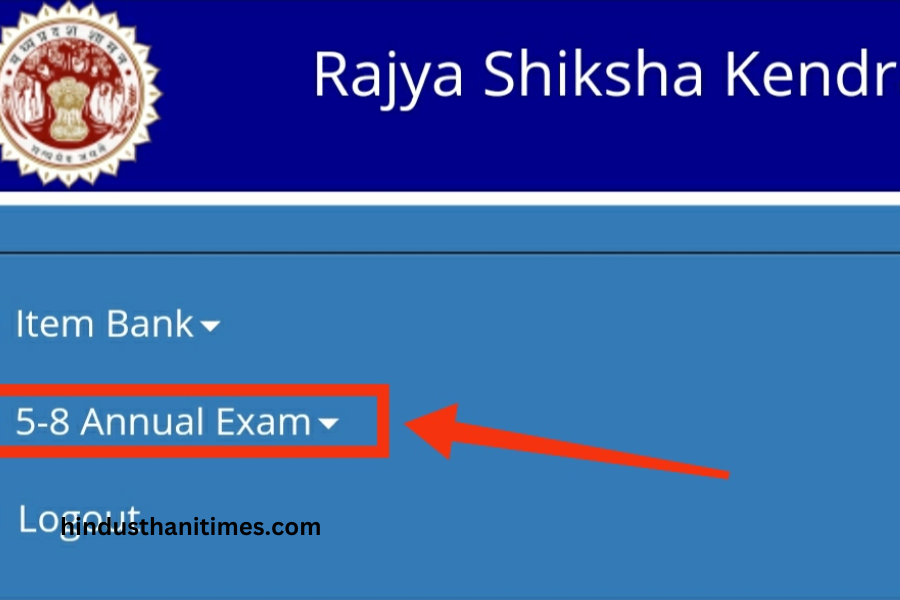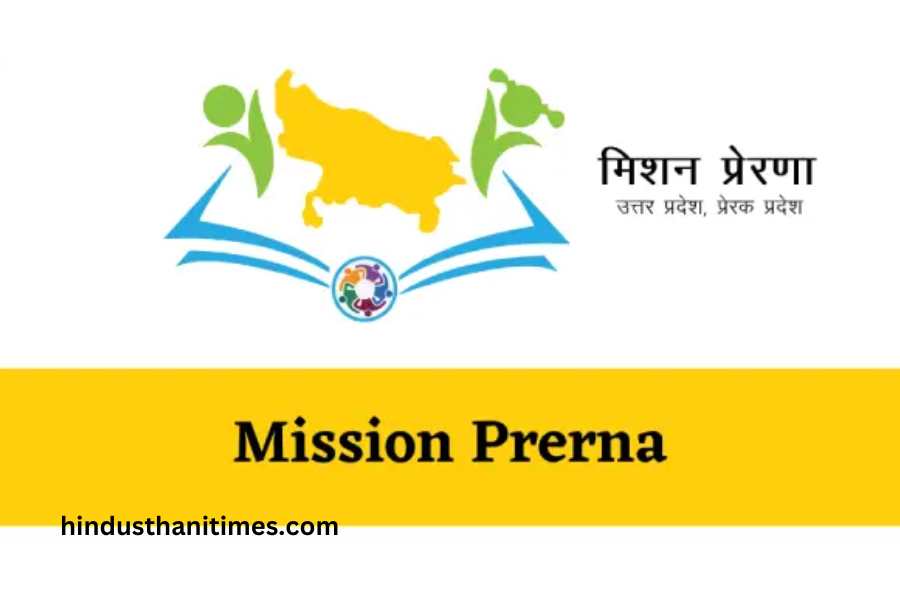In today’s fast-paced digital world, ensuring the security and reliability of software applications is of paramount importance. One of the key aspects of this process is verification, which involves confirming that a system or component meets specified requirements. In this article, we will explore the concept of Rsk Mp in verification and its significance in the software development life cycle.
Rsk Mp refers to a specific software application used for verification purposes. It is designed to analyze, test, and validate the functionality of various components within a software system. Rsk Mp enables developers to identify and fix potential bugs or vulnerabilities before the software is released to end-users. By conducting thorough verification using Rsk Mp, developers can ensure the quality and reliability of their software applications.
Importance of Verification in Rsk Mp
Verification plays a crucial role in the development of Rsk Mp. It helps identify any discrepancies or inconsistencies between the intended behavior of the software and its actual implementation. By conducting rigorous verification, developers can ensure that the software meets the required standards and specifications.
The importance of verification in Rsk Mp cannot be overstated. It helps in detecting defects early in the development process, reducing the overall cost of fixing them. It also ensures that the software performs as expected, minimizing the risk of failures or security breaches. Moreover, verification provides confidence to stakeholders, including customers and regulatory bodies, that the software is reliable and trustworthy.
Challenges in Rsk Mp Verification
While verification is essential, it poses several challenges in the context of Rsk Mp. One of the primary challenges is the complexity of modern software systems. Rsk Mp involves multiple components and intricate interactions, making it difficult to ensure the correctness of the entire system. Additionally, the rapidly evolving nature of software introduces new challenges in terms of compatibility and integration.
Another challenge is the time and resource constraints faced by development teams. Conducting comprehensive verification requires significant effort, including designing test cases, executing tests, and analyzing the results. This can be time-consuming and may require substantial computational resources.
Furthermore, ensuring the accuracy and adequacy of verification techniques is a challenge. The effectiveness of verification heavily relies on the chosen tools and techniques. It is crucial to select appropriate methods that can accurately identify defects and vulnerabilities in the Rsk Mp.
Rsk Mp Verification Process
The Rsk Mp verification process involves several stages and activities to ensure the reliability and quality of the software. These stages can be broadly categorized as follows:
- Requirements Analysis: In this stage, the requirements of the Rsk Mp are analyzed to determine the scope of verification. This includes understanding the desired functionality, performance expectations, and any applicable regulations or standards.
- Design Verification: Once the requirements are defined, the design of the Rsk Mp is verified to ensure that it accurately reflects the intended functionality. This involves reviewing design documents, conducting inspections, and performing simulations or modeling.
- Implementation Verification: The implementation of the Rsk Mp is then verified to ensure that it aligns with the design and requirements. This includes code reviews, unit testing, integration testing, and system testing.
- Validation: Once the implementation is complete, the validation stage involves verifying that the Rsk Mp meets the intended purpose and performs as expected in the real-world environment. This includes user acceptance testing and performance testing.
- Maintenance: After the Rsk Mp is deployed, ongoing verification is required to address any issues that arise during actual usage. This includes bug fixes, patches, and updates to ensure the continued reliability and security of the software.
Tools and Techniques for Rsk Mp Verification
To facilitate the verification process in Rsk Mp, several tools and techniques are available for developers. These tools automate various aspects of the verification process, making it more efficient and effective. Some commonly used tools and techniques include:
- Static Code Analysis: This technique involves analyzing the source code of the Rsk Mp without executing it. It helps identify coding errors, potential vulnerabilities, and adherence to coding standards.
- Dynamic Testing: Dynamic testing involves executing the Rsk Mp and observing its behavior in various scenarios. This includes techniques such as unit testing, integration testing, and system testing to validate the correctness and functionality of the software.
- Model Checking: Model checking is a formal verification technique that involves exhaustively exploring all possible states of a software system to verify its correctness. It is particularly useful in complex systems where manual verification is challenging.
- Fuzz Testing: Fuzz testing involves providing random or invalid inputs to the Rsk Mp to uncover potential vulnerabilities or bugs. It helps identify edge cases and unexpected behaviors that may not be captured by traditional testing techniques.
Best Practices for Rsk Mp Verification
To ensure effective verification in Rsk Mp, it is important to follow best practices that have been established by industry experts. Some key best practices include:
- Early Verification: Start the verification process as early as possible in the software development life cycle. This helps identify and address issues at an early stage, reducing the overall cost and effort required for verification.
- Test Coverage: Aim for thorough test coverage by designing test cases that exercise all possible paths and scenarios within the Rsk Mp. This helps ensure that all functionalities are tested and potential issues are identified.
- Automation: Utilize automation tools and techniques to streamline the verification process. This includes automated testing frameworks, continuous integration systems, and code analysis tools. Automation helps save time and effort, while also improving the accuracy of verification.
- Traceability: Maintain traceability throughout the verification process to ensure that all requirements are verified and any changes or updates are properly documented. This helps in maintaining transparency and accountability within the development team.
Case Studies of Successful Rsk Mp Verification
To illustrate the effectiveness of Rsk Mp verification, let’s explore a few case studies where successful verification has played a crucial role:
- Case Study 1: Banking Software: A major bank implemented Rsk Mp verification techniques to ensure the security and reliability of their online banking software. Thorough verification helped identify potential vulnerabilities and weaknesses, which were promptly addressed before the software was released to customers. This significantly reduced the risk of security breaches and built trust among bank customers.
- Case Study 2: Medical Device Software: A medical device manufacturer utilized Rsk Mp verification techniques to validate the functionality and safety of their software-controlled devices. By conducting rigorous verification, they were able to identify and fix potential issues that could have posed serious risks to patients. This ensured that the devices operated as intended and complied with regulatory standards.
Future Trends in Rsk Mp Verification
As technology continues to evolve, the field of Rsk Mp verification is also witnessing advancements. Some key future trends in Rsk Mp verification include:
- Artificial Intelligence: AI-powered verification tools and techniques are being developed to automate the verification process further. These tools can analyze large amounts of data, identify patterns, and make intelligent decisions to optimize the verification process.
- Continuous Verification: Continuous verification aims to integrate verification activities seamlessly into the software development process. This allows for real-time monitoring and validation of the software, ensuring that any issues are identified and addressed promptly.
Conclusion
In conclusion, Rsk Mp verification is a critical aspect of software development that ensures the reliability, security, and functionality of software applications. By following best practices, utilizing appropriate tools and techniques, and conducting thorough verification, developers can minimize risks, reduce costs, and build trust among stakeholders. The future of Rsk Mp verification looks promising with advancements in AI and continuous verification. Embracing these trends will enable developers to deliver high-quality, robust software applications that meet the demands of the ever-evolving digital landscape.



